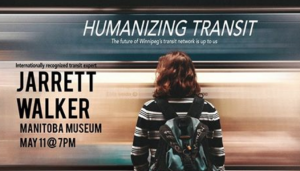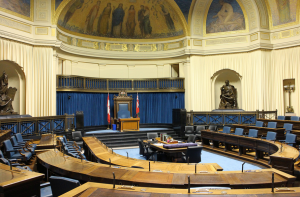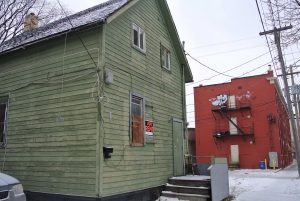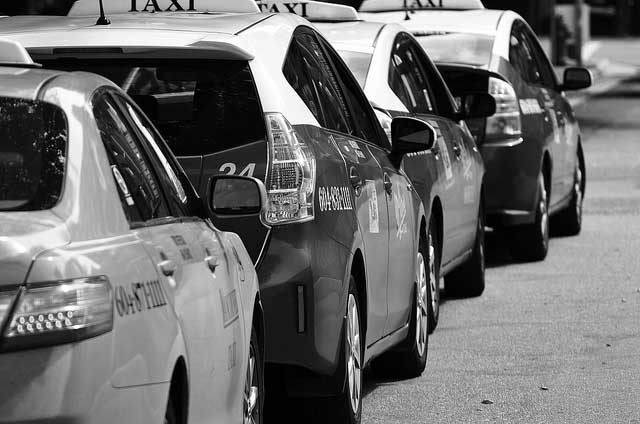By Nathan Laser
Disappointingly, specifics were lacking from the provincial budget on fight against climate change. In what was arguably the first real budget to be presented by Brian Pallister’s Progressive Conservative government, they had precious little to say about how they intend to protect the environment and move our province away from the use of fossil fuels.
By Josh Brandon
Low income Manitobans were hoping that this year’s budget would offer a plan to help lift them out of poverty. A well-funded strategy with targets and timelines for its implementation and for reducing poverty would give Manitobans confidence that their government is making poverty reduction a top priority. However, despite promising last year that a comprehensive poverty reduction plan would be introduced in Budget 2017, the government has pushed the updated strategy back to the end of the year.
By Kirsten Bernas
Budget 2017 provides $150M less for the development and maintenance of social and affordable housing compared to last year’s budget. Groups like the Right to Housing Coalition are concerned that this will increase homelessness and perpetuate the poverty experienced by the thousands of Manitobans who cannot get ahead and enjoy a decent quality of life because they cannot access safe and affordable housing.
By Eric Reder
Manitoba budget and speech 2017 reflects regression, misses link between protecting environment and lowering health care costs
On April 11 the government introduced a budget devoid of initiatives on protecting the lands and waters of the province, while at the same time cutting departmental budgets for water stewardship, parks, and climate change. In addition, the language in the budget speech points to old and regressive thinking on why we protect the environment in Manitoba. Finally, a tasty two million dollars is being thrown to support the fossil fuel industry, which is directly at odds with Manitoba fighting to limit climate chaos.

Join us for a talk about how to make Winnipeg Transit more customer-focused by internationally recognized transit expert Jarrett Walker.
Walker is a public transit consultant, communicator and champion. By breaking down the user experience and clarifying transit agency objectives, Walker builds an easily understandable framework for understanding public transit. Learn more about Walker’s work here: http://humantransit.org/
WHEN: Thursday May 11, 7-9 PM
WHERE: Manitoba Museum Planetarium Auditorium, 190 Rupert Ave

First published on CBC Manitoba blog April 12, 2017
By Lynne Fernandez
The government was well aware that many were dreading yesterday’s budget: Non-profit organizations, healthcare workers, educators and public sector workers in general were bracing for Filmon flashbacks. Did the Conservative team take those fears into consideration when putting together the budget?

By Kirsten Bernas
Manitobans should have access to housing but, at any given time, there are about 1,400 people experiencing homelessness in Winnipeg alone. Many others live under threat of homelessness, paying the rent with money needed for food and other basic needs.
Abdikheir Ahmed, Hani Al-Ubeady and Ray Silvius
We in Manitoba find ourselves in need of a serious discussion about how to coordinate services, including lodging, for the refugee claimants who are continuing to cross the Canada-US border at Emerson, Manitoba. This involves puzzling out the place of supports and services in the broader refugee system as well as locating refugee claimants within this system.

By Paul Moist
Conservative forces in the provincial legislature and at Winnipeg City Hall are combining to enable ride-sharing services such as Uber and allow its introduction into the Winnipeg market.
Acting on recommendations of the December 2016 report prepared by accounting firm Myers, Norris, Penny (MNP) on Winnipeg taxicab services, the Province announced legislation to devolve responsibility for oversight of the taxicab industry to municipal government.



Follow us!